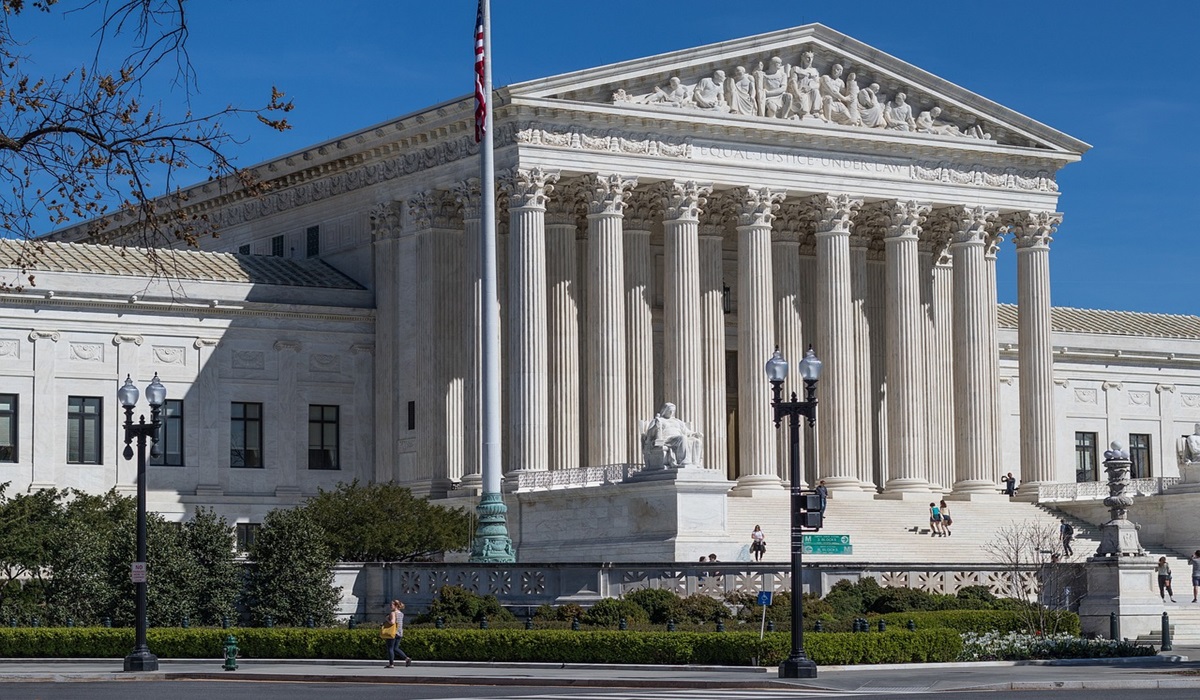In a move that could redefine the American judiciary, sources close to the White House have revealed that President Joe Biden is considering legislation aimed at significant reforms of the U.S. Supreme Court. These reforms are set to include imposing term limits on justices, establishing stringent ethics guidelines, and creating a mechanism to overturn the immunity granted to presidents by the Court’s rulings.
The proposed reforms come in the wake of increasing public discontent with the Supreme Court’s perceived biases and ethical lapses. Recent controversies have amplified calls for change, with many pointing to lifetime appointments and questionable conduct by some justices as major issues. For instance, Justice Clarence Thomas has come under fire for accepting unreported gifts from influential donors, raising serious ethical concerns. Additionally, instances of information leaks and justices displaying overt political biases have further eroded public trust in the institution.
President Biden’s initiative aims to address these issues head-on. By introducing term limits, the administration hopes to reduce the entrenched power of long-serving justices and ensure a regular infusion of fresh perspectives into the Court. Ethical guidelines would aim to curtail the influence of external pressures and maintain the integrity of judicial decisions. The proposed mechanism to overturn presidential immunity, recently voted on by the Court, seeks to hold presidents accountable for their actions, thereby reinforcing the rule of law.
However, enacting such sweeping changes would require a constitutional amendment. This process demands approval from Congress and ratification by at least 38 states, a daunting challenge given the current political landscape. The plausibility of a Republican president and the support for conservative justices in many red states add further complexity to the situation. These factors make the path to reform steep and uncertain.
The Supreme Court has not faced such intense scrutiny in recent years. Its decisions have systematically overturned long-standing precedents, from affirmative action to Roe v. Wade, causing widespread disillusionment. The recent overturning of bump stock legislation on guns is another example of the Court’s controversial rulings that have sparked public outrage. Critics argue that justices, during their confirmation hearings, often pledge to uphold case law but subsequently render decisions that reflect ideological leanings, undermining public confidence.
The erosion of trust in the Supreme Court is a profound problem. When justices appear to be swayed by political affiliations or external influences, it jeopardizes the foundational principle of impartial justice. The introduction of term limits and robust ethics oversight could be crucial steps in restoring faith in the judiciary.
President Biden’s proposal represents a bold effort to address these deep-seated issues. While the legislative and political hurdles are significant, the need for reform is undeniable. As the debate unfolds, the future of the Supreme Court—and its role in American democracy—hangs in the balance.









